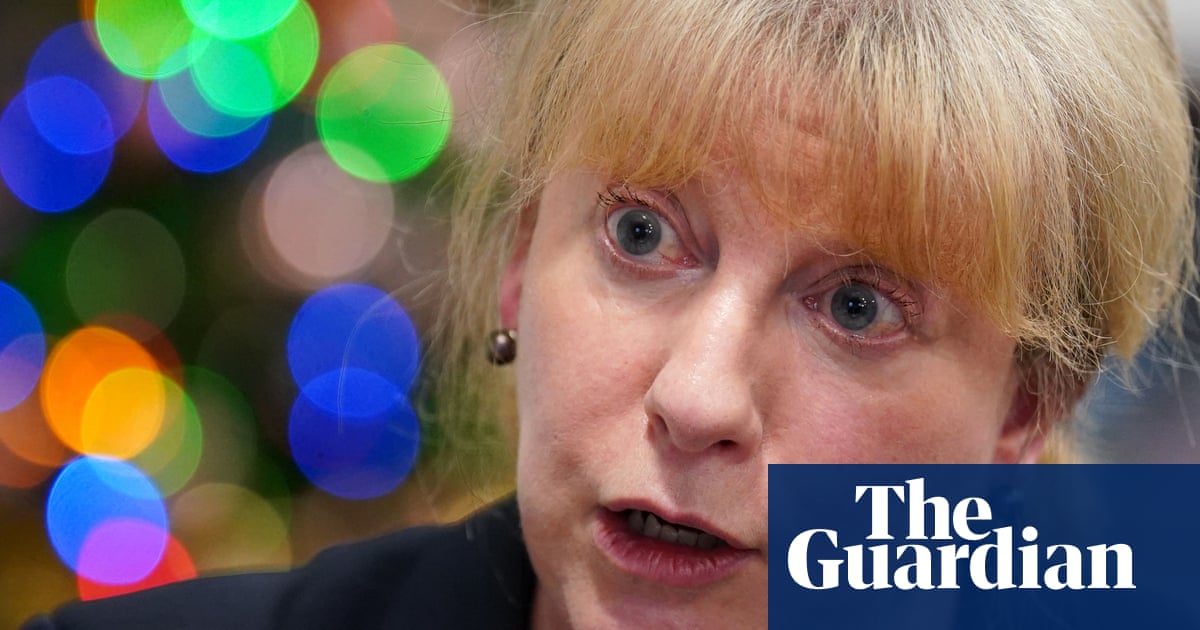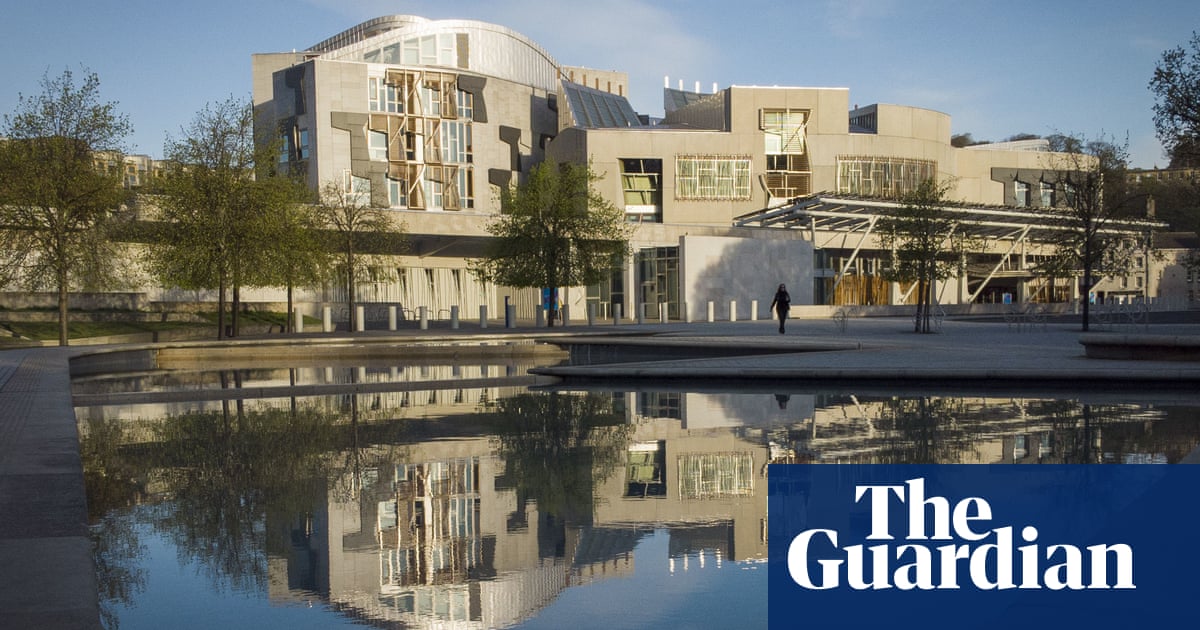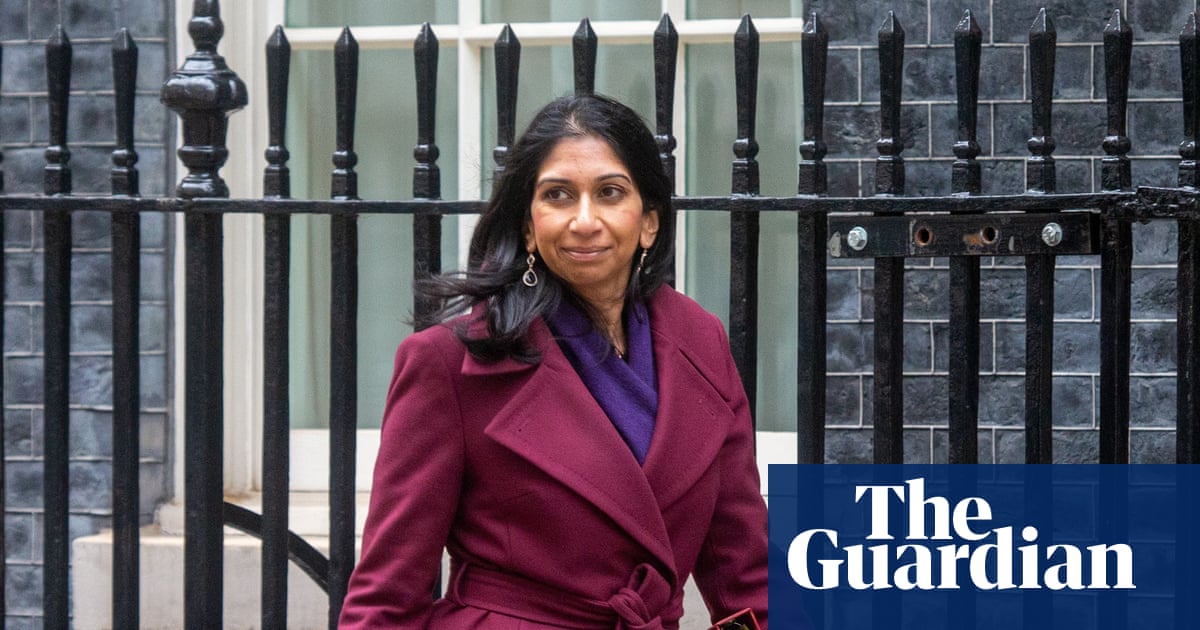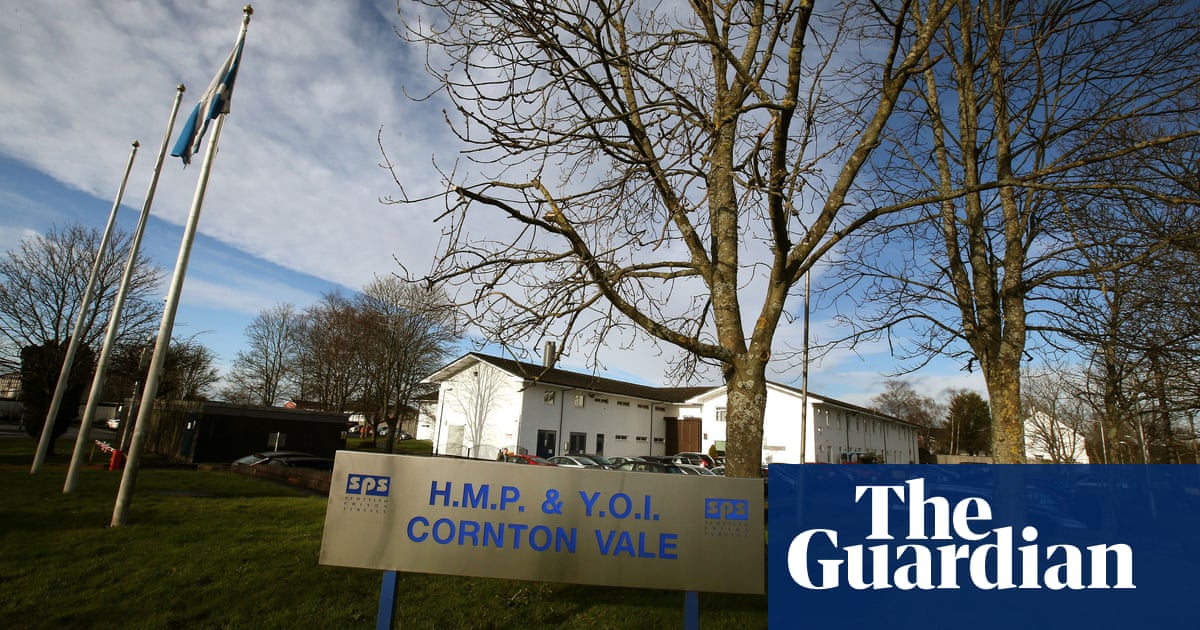
Higher earners in Scotland are be to taxed more heavily after ministers in Edinburgh sought to reduce cuts to public services and fund an expensive council tax freeze.
Shona Robison, Scotland’s finance secretary, said a new “advanced” 45p tax band would be introduced for all those earning above £75,000, and the top rate of income tax, for those earning above £125,140, would rise to 48p.
Robison said the increases, combined with freezing the tax thresholds for intermediate and higher rates paid on medium-range earnings, would multiply the effects of an unexpected boost to revenues from a larger than expected tax take that is forecast for next year.
In all, Scotland’s higher taxes on the better-off would raise £1.5bn more than if it had mimicked rates in the rest of the UK, she said.
That would allow her to very slightly cut taxes for lower earners by raising the threshold on the starter and basic rates by inflation, and to increase social welfare spending by 6.7%, to £6.3bn, and homelessness spending by £125m. She will spend £144m on an across-the-board freeze to council taxes and also push up funding for the police.
Robison fended off attacks from Labour and the Conservatives by insisting these tax increases would help offset the impacts of real-terms funding cuts in Westminster’s block grant for Scotland.
“We cannot mitigate every cut made by the UK government,” she told MSPs. “But through the choices we have made, we have been true to our values and rigorous in prioritising our investment where it will have the most impact. We choose investment in our people and public services.”
The Scottish Fiscal Commission, an independent oversight body similar to the Office for Budget Responsibility, said the tax changes would help push up the devolved government’s overall budget by £1.3bn, or 2.6% in cash terms, to £52.4bn overall.
Labour said Robison had failed to acknowledge this also involved deep cuts in many areas. Its line-by-line analysis of the budget showed overall housing spending would be cut by £189m; a real-terms cut to overall transport funding; cuts to university and college funding of more than £100m; cuts of £5m to lifelong learning; a £37.8m (75%) cut to just transition funding; while enterprise, trade and investment spending would fall by £60m.
Michael Marra, Scottish Labour’s finance spokesperson, said the council tax freeze was a “panicked” response by the first minister, Humza Yousaf, to the Scottish National party’s humiliating byelection defeat in Rutherglen.
“This is a chaotic budget from an incompetent government that will leave ordinary Scots paying more and getting less in return,” he said. “The SNP’s mismanagement of our public finances has left us with a massive gap to be filled – that is an SNP waste gap, an SNP incompetence gap and a huge SNP growth gap. If our economy had kept pace with other parts of the UK it would now be £8.5bn larger.”
The council tax freeze is regressive in that it disproportionately benefits often wealthier people living in larger, more expensive homes who no longer face council tax increases of up to 5%.
That reduces the overall effect of the new income tax increases for higher earners while also reducing the government’s ability to spend more on frontline public services.
Cuts by the Treasury to national insurance rates will also reduce the overall impact of any income tax rises, the Chartered Institute of Taxation said. The Scottish Fiscal Commission said that overall, anyone earning £100,000 in Scotland would pay £3,346 more than UK taxpayers in income tax due to cumulative tax changes introduced by Holyrood from 2017 onwards.












